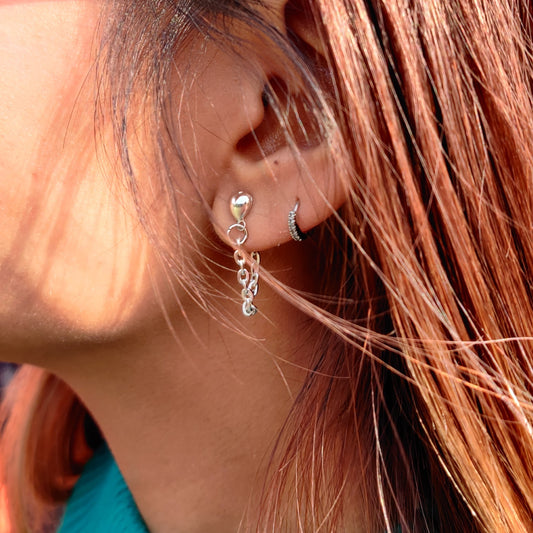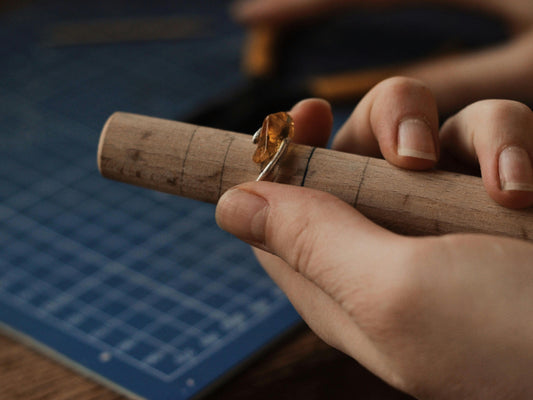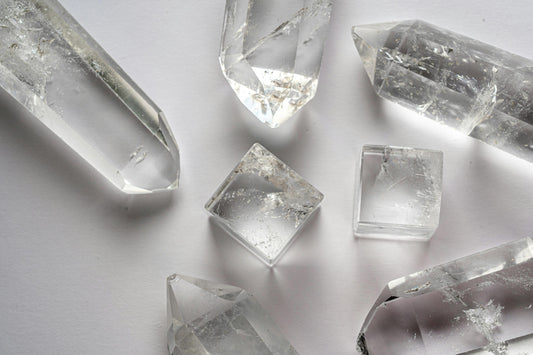
Natural Stone Formation: Quartzite is a natural metamorphic rock formed from sandstone. The transformation occurs due to intense heat and pressure, causing the sand grains to recrystallize into a very hard, durable rock.
Composed of Quartz Crystals: Despite its name, quartzite is not entirely composed of quartz. It contains a significant amount of quartz crystals, along with other minerals like feldspar, mica, and various trace elements. The high quartz content contributes to its hardness.
Hardness and Durability: Quartzite is known for its exceptional hardness, surpassing that of many granites. It is resistant to scratches and abrasion, making it a popular choice for countertops, flooring, and other applications requiring a durable surface.
Distinctive Colors: Quartzite comes in a variety of colors, including white, gray, pink, green, blue, and yellow. The colors are influenced by the presence of different minerals during its formation.
Unique Veining Patterns: Similar to marble, quartzite often exhibits unique veining patterns. These patterns can be subtle or dramatic, adding to the stone's aesthetic appeal. Some quartzite slabs may resemble the look of marble but offer greater durability.
Heat Resistance: Quartzite is highly heat-resistant, making it suitable for use in kitchens. It can withstand exposure to hot pots and pans without sustaining damage.
Versatile Applications: Due to its durability and aesthetic appeal, quartzite finds applications in various areas, including kitchen and bathroom countertops, flooring, wall cladding, and even as decorative elements in furniture and outdoor spaces.
Limited Porosity: While not as impervious as granite, quartzite has relatively low porosity. This means it is less susceptible to staining compared to some other natural stones. However, it is advisable to seal quartzite to enhance its stain resistance.
Regional Variations: Quartzite is found in different parts of the world, and the geological variations lead to differences in color, veining, and overall appearance. Some well-known varieties include Taj Mahal quartzite and White Macaubas quartzite.
Maintenance and Care: Proper care and maintenance are essential to preserve the beauty of quartzite surfaces. Regular sealing helps protect against stains, and it's recommended to use pH-balanced cleaners to avoid damaging the stone's surface over time.



